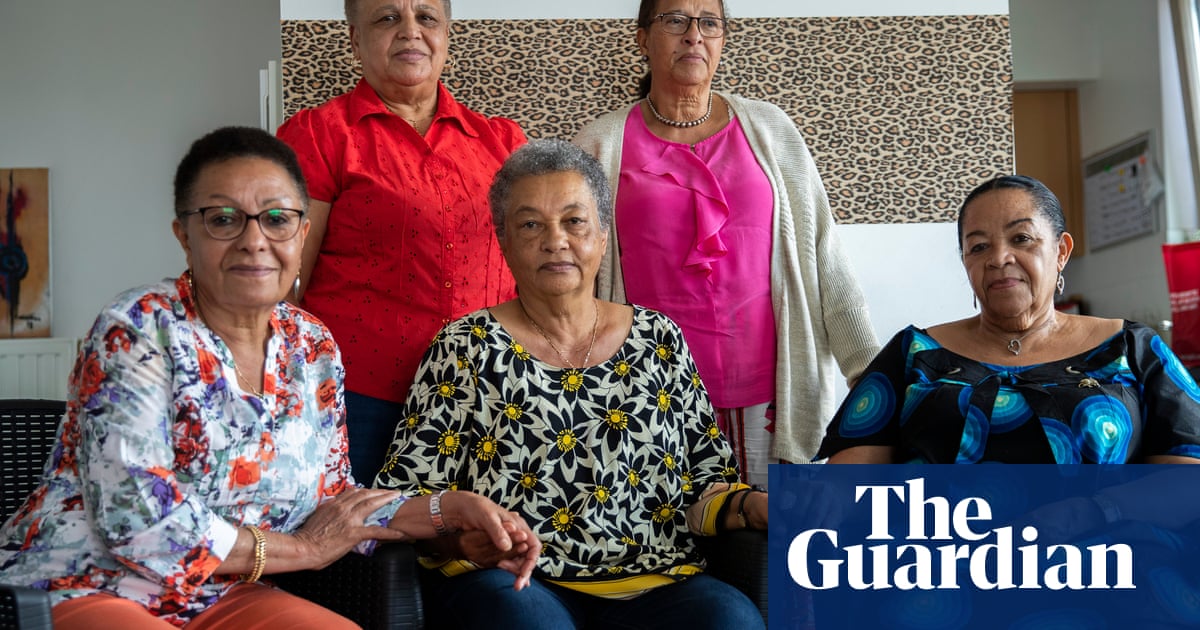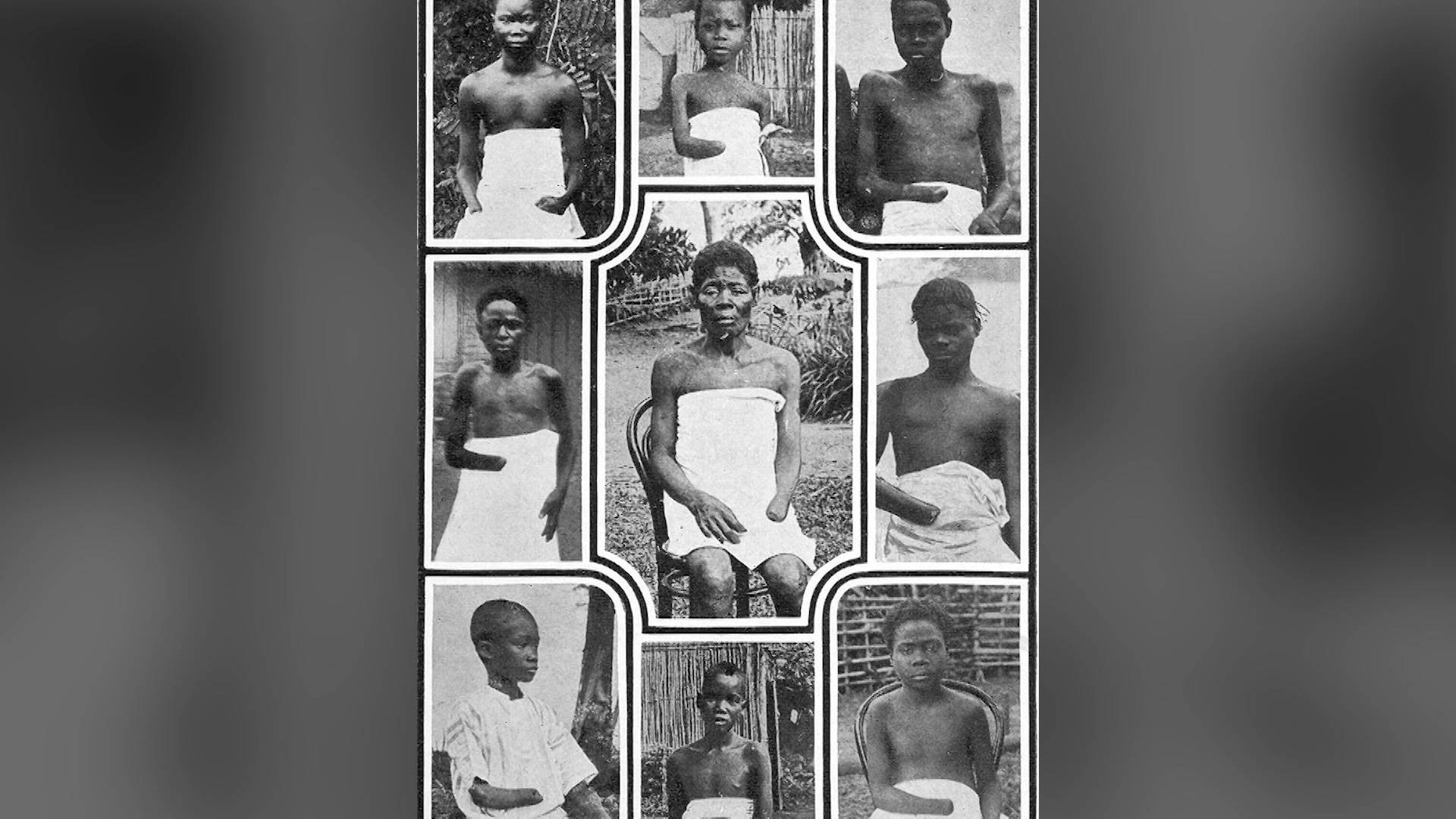Belgium Found Guilty of Crimes Against Humanity in Congo

The Facts
Belgium's Court of Appeals Monday found the state guilty of crimes against humanity in the Democratic Republic of Congo under its colonial rule, where the administration forcibly separated children from mothers and took them to orphanages.
The court ruled that five Belgian Congolese-born women were victims of "systematic kidnapping" and were placed in Catholic institutions because of their mixed race. It ordered reparations of €50K ($53K) to each for "moral" or emotional harm.
The Spin
Narrative A
Acknowledging the profound harm caused by colonial exploitation, former imperial powers must confront their histories and make reparations — financial and symbolic — to their victims. Reparations are not mere charity but a moral obligation to redress stolen wealth, lives, and dignity. They can begin to heal the enduring scars of imperial violence and injustice.
Narrative B
The call for reparations faces insurmountable barriers of fairness, practicality, and historical nuance. Deciding eligibility amid a tapestry of mixed ancestries and global migrations just creates endless disputes. Solutions should prioritize broad, forward-looking strategies to combat systemic inequities rather than abstract arguments to provide concrete financial compensation.





